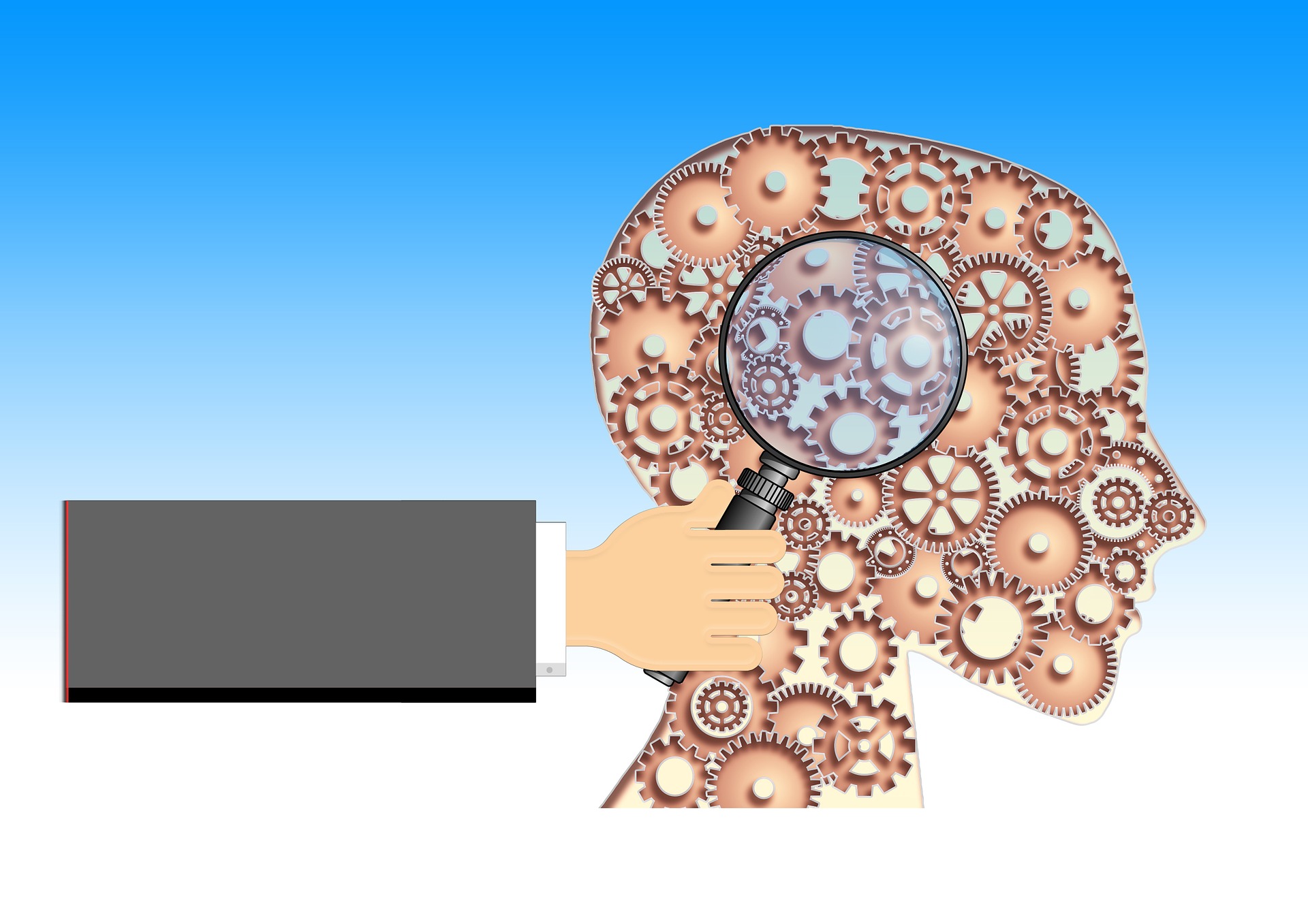
Digital transformation is a journey, not a destination
May 3, 2019
Are you brave enough to bring your customers or patients into your boardroom?
May 13, 2019Behavioural economics, alchemy, customer experience and the power of ideas that don’t make sense – Interview with Rory Sutherland
Today’s interview is with Rory Sutherland, Vice Chairman of Ogilvy in the UK and author of a new book: Alchemy: The Surprising Power of Ideas That Don’t Make Sense. Rory joins me today to talk about his new book, behavioural economics and what we can all do to uncover stand out ideas that don’t make sense.
Note: This interview is longer than many of the usual interviews that I conduct but dive in and enjoy it as it is packed with wit and bags of insight from Rory.
This interview follows on from my recent interview – How many exposure hours have you had with your customers over the last few months? – Interview with Andy MacMillan of UserTesting – and is number 302 in the series of interviews with authors and business leaders that are doing great things, providing valuable insights, helping businesses innovate and delivering great service and experience to both their customers and their employees.
Here’s the highlights of my chat with Rory:
- There are 11 rules of alchemy in the book. One of them is that the opposite of a good idea can be another good idea.
- The whole idea of customer experience doesn’t really submit to the standard thinking around best practice.
- There are elements of CX where you probably want to be highly conformist but, for example, if you think about it there are two great ways of welcoming people to a hotel. One of them is highly automated and impersonal and streamlined. The other is actually the opposite. It’s highly elaborate and involves large degrees of obsequiousness. It all depends on what your expectation is.
- One of the things that behavioural science has taught me is that the very best of any category is great. It’s made me highly ecumenical in my approach to marketing. It’s also changed my mind significantly and really caused me to realise how wrong most marketers, and most people in agencies, are about the order in which you approach the problem.
- The first thing to optimise is the experience because if the experience is no good then advertising can actually be damaging because you’re just encouraging lots and lots of people to discover and talk about how shit you are and how disappointed you are compared to expectations. The first thing you optimise is the experience and, therefore, the propensity to repeat purchase. Then you should optimise conversion because there’s no point in doing good advertising if you lead people to a shop or app or a choice architecture or an application form or a website which doesn’t convert. And, only then should you work backwards towards advertising when you’ve optimised the rest.
- And yet, because of the sums of money involved, marketing always considered advertising to be the first problem to address. That seems to be fundamentally mistaken.
- Alchemy is not ostensibly a book about design thinking but it is absolutely a book about design thinking.
- Jeremy Bonner once said the best books about advertising aren’t about advertising.
- Adam Smith’s other book, The Theory of Moral Sentiments, is very much a book about behavioural economics.
- Nassim Nicholas Taleb in his book Anti-Fragile made the point that there isn’t a word for something that is actually strengthened by being stressed.
- Vocabulary limitations limit thinking and limit understanding.
- Seemingly irrational things can be extraordinarily potent.
- Most invention and discovery comes when we realise that the dominant assumption in one market or category is actually wrong. Or, if not wrong, then not exclusively true. E.g. Coke tastes really good and Red Bull tastes kind of disgusting. Both are successful.
- Alan Kay, a web design/user interface expert, once said that a change in perspective is worth 40 IQ points.
- Humans themselves don’t understand why they do things. We buy brands without really realising why we do it because the part of the brain that wants us to buy the brand isn’t connected to the bit that does the rationalisation or the talking.
- The current state of play in organisations is that it is often better to be measurably mediocre than immeasurably brilliant.
- Another Naseem Taleb lesson….is that the failure rate among restaurants is why restaurants are good because actually most new restaurants fail. And, of course, survivorship bias means we think that running a restaurant is really easy because the only restaurants we go to are the ones that are actually packed full of people enjoying a great meal.
- Voltaire said “To be absolutely certain of something one must know absolutely everything about it or nothing about it.”
- To start to see things differently you have got to be much more uncomfortable with ambiguity. You’ve got to start to look at things through the eyes of a naturalist or a biologist not through the eyes of an engineer.
- Survivorship bias imposes very, very strong effects on the world that we often interpret as intent.
- Obliquity by John Kay is a very good book. He’s right about everything.
- When it comes to flipping the perspective, there are only two places in business to be. One of them is entrepreneurialism and the other one is in marketing, which is the only discipline which has any chance of injecting this kind of thinking into larger organizations.
- The wider job of marketing is to bring completely contrarian perspectives to the understanding of business.
- What we do is not a product of what is, it is a product of the meaning of what is. The meaning of what is is highly determined by other things other than what is.
- Check out Rory’s new book: Alchemy: The Surprising Power of Ideas That Don’t Make Sense and get your fill of more insights and behavioural economics at the upcoming (June 7th) Nudgestock, organised and curated by Rory and the folks at Ogilvy.
About Rory
 Rory is the Vice Chairman of Ogilvy in the UK, an attractively vague job title which has allowed him to co-found a behavioural science practice within the agency.
Rory is the Vice Chairman of Ogilvy in the UK, an attractively vague job title which has allowed him to co-found a behavioural science practice within the agency.
He works with a consulting practice of psychology graduates who look for ‘unseen opportunities’ in consumer behaviour – these are the very small contextual changes which can have enormous effects on the decisions people make – for instance tripling the sales rate of a call centre by adding just a few sentences to the script.
Put another way, lots of agencies will talk about “bought, owned and earned” media: we also look for “invented media” and “discovered media”: seeking out those unexpected (and inexpensive) contextual tweaks that transform the way that people think and act.
Before founding Ogilvy’s behavioural science practice, Rory was a copywriter and creative director at Ogilvy for over 20 years, having joined as a graduate trainee in 1988. He has variously been President of the IPA, Chair of the Judges for the Direct Jury at Cannes, and has spoken at TED Global. He writes regular columns for the Spectator, Market Leader and Impact, and also occasional pieces for Wired. He is the author of two books: The Wiki Man, available on Amazon at prices between £1.96 and £2,345.54, depending on whether the algorithm is having a bad day, and Alchemy, The surprising Power of Ideas which don’t make Sense, to be published in the UK and US in March 2019.
Rory is married to a vicar and has twin daughters of 17. He lives in the former home of Napoleon III – unfortunately in the attic. He is a trustee of the Benjamin Franklin House in London and of Rochester Cathedral.
Check out Rory’s new book: Alchemy: The Surprising Power of Ideas That Don’t Make Sense, say Hi to him and the folks at Ogilvy on Twitter @rorysutherland and @OgilvyUK and feel free to connect with Rory on LinkedIn here.
..
..
Thanks to Pixabay for the image.




